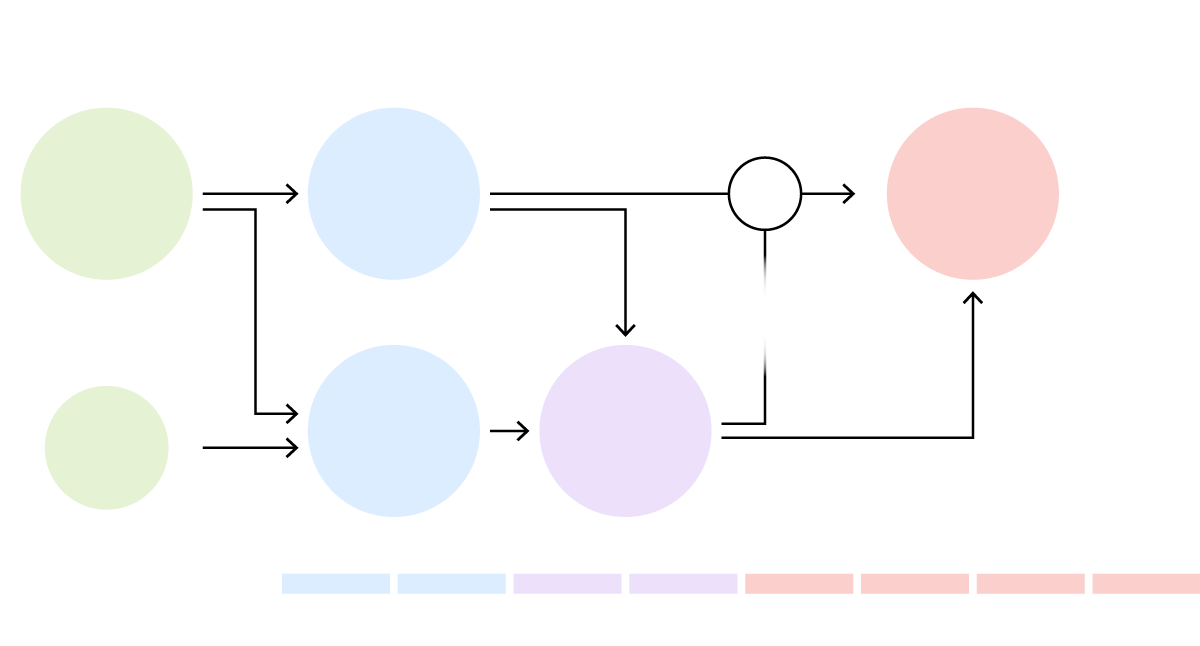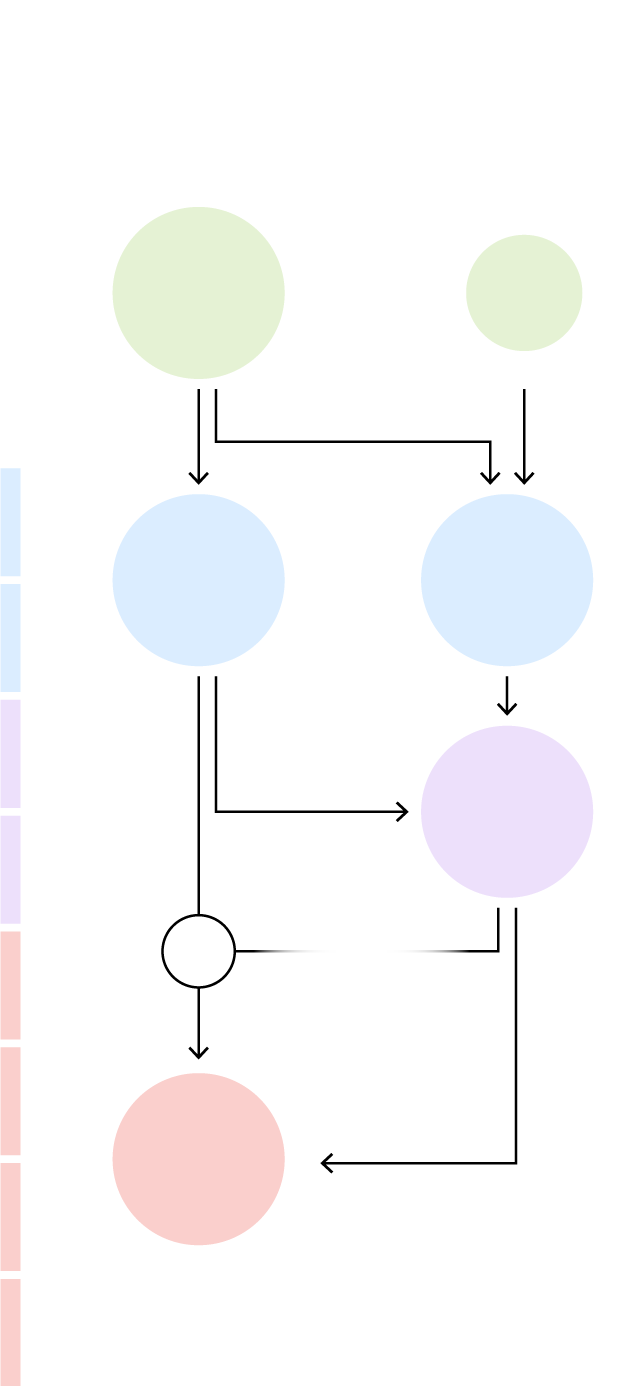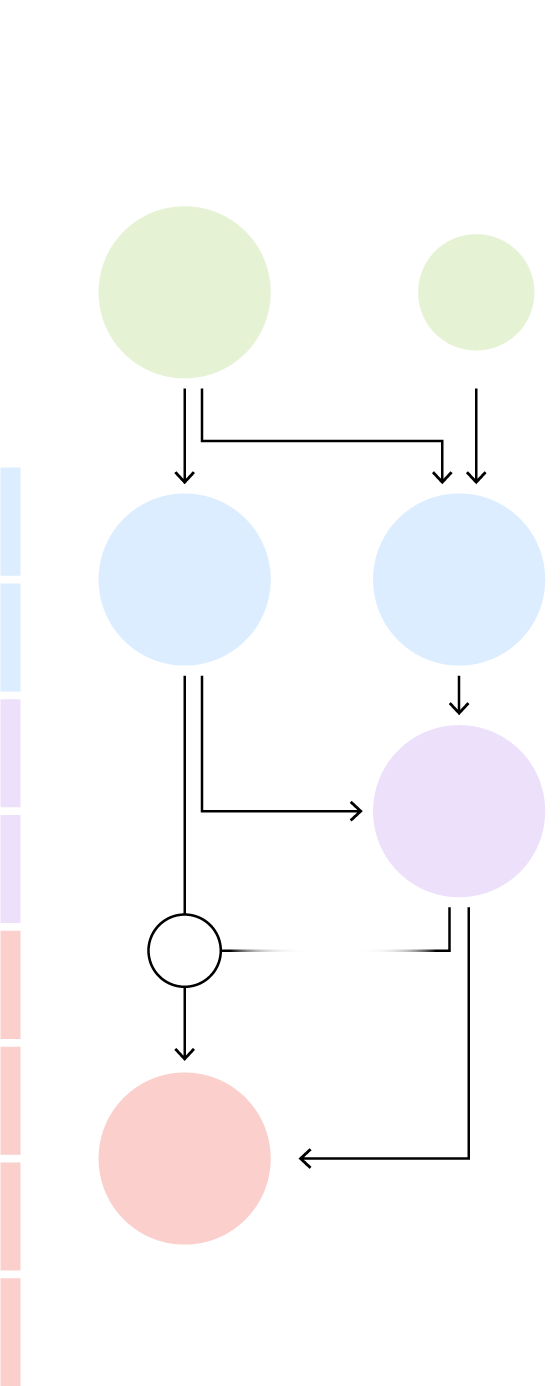Barcelona already has seventeen baccalaureates: how does each institute decide which ones?
Two courses will be launched next year, and pre-registration is now open, with the end date being April 10.


BarcelonaFor almost any teenager about to finish compulsory secondary education, the question "what are you going to do?" haunts them for months. Until recently, those who answered "I want to do a Baccalaureate" would instantly receive a question: "Humanities, science, or art—some also included technology?" However, if today someone wants to take advantage of a family meal to bring up this topic with a nephew, grandchild, or child and talk about all the options available, the conversation should probably extend beyond the after-dinner conversation, because in Barcelona alone, there will be up to seventeen baccalaureate degrees to choose from next year.
"We often think that the baccalaureate is mainly useful for preparing for the university entrance exams, but this is an idea we need to start to reverse because it's clearly the gateway to the entrance exams (PAU), but also to the higher education levels, which have a very wide range of options," explains the director of post-compulsory studies at the Consorcio de Consorcio. With this in mind, the Consorci has been working for several years to expand the details of the qualifications that high school students can earn without exceeding the curriculum limits set by the Department of Education.
Thus, pre-registration for high school, which began this Friday in Catalonia and will run until April 10, will allow students to opt for two new baccalaureate degrees in the Catalan capital. On the one hand, the Miquel Taradell High School will launch the Socio-Educational Bachpro program, which will include electives related to the areas of education and social intervention such as community mediation, social economy, and first aid. On the other hand, the Verdaguer High School and the Hospital del Mar FP Sanitaria Institute will also launch a new three-year baccalaureate program, which will combine the baccalaureate degree with the intermediate level of pharmacy technician training.
"It's true that these baccalaureates won't earn them the qualification for their vocational training, but they will allow them to access the higher level they want much better prepared and with more awareness of the particularities of this specific training branch," explains Vallduriola, who warns that, sometimes, when students from a generic baccalaureate.
Beyond these two new developments, Barcelona has other, less common baccalaureates. For example, unique baccalaureates such as the digital baccalaureate, which offers specific subjects related to the digital world; the linguistic baccalaureate, where specific language subjects are taken at the Official School of Languages (EOI), so that students obtain the A2 certificate in a language; or the international baccalaureate, which gives access to any university in the world and is obtained while simultaneously studying the Catalan baccalaureate.
Who decides what your institute offers and how?
Now, if there are around seventy high schools in Barcelona, how is it decided which school offers each of the seventeen programs offered in the city? "Every year we conduct a survey in all of Barcelona's schools, asking what their goals are for the following year and we combine this with our own orientation," explains the director of post-compulsory studies. Thus, whether or not a new type of baccalaureate is opened at a school depends on whether the Consortium detects a need and makes a proposal to certain schools, although it may also happen that a school requests to open one because it has seen high demand.
From here, obvious factors are also taken into account, such as the size of the school—space, number of groups, teachers, etc.—or the fact that there are no similar or identical programs nearby. But then there are also situations in which a school that's falling into a bit of a slump is approached to open a new baccalaureate program known to be attractive and in high demand, in order to revive it and gain students. Furthermore, attempts are made to create synergies between schools, either because they are close to each other or because they share similar pedagogical guidelines.
With all this information, and also taking into account the student flow at this stage of education and the country's business needs, the Consortium's technicians draw up a baccalaureate rollout plan and, in coordination with the Department of Education, ultimately create the curricula for these new modalities. However, Vallduriola is clear: "The school's willingness plays a significant role because if we make a proposal, but the school doesn't get involved, it makes no sense."
Until when should new modalities be created?
Although the Consortium defends the idea of trying to create a "broader, more comprehensive, and less generalist" baccalaureate, at this time this goal does not necessarily imply creating more modalities. In fact, Vallduriola reflects that perhaps the current modalities should be reviewed and opens the door to the possibility that, among these seventeen strands, some could be combined in the future, so that on paper there would be fewer baccalaureate options in the city. "The world, students, and families are increasingly demanding more multidisciplinary profiles, and we must find the system to respond to this need," he concludes.



